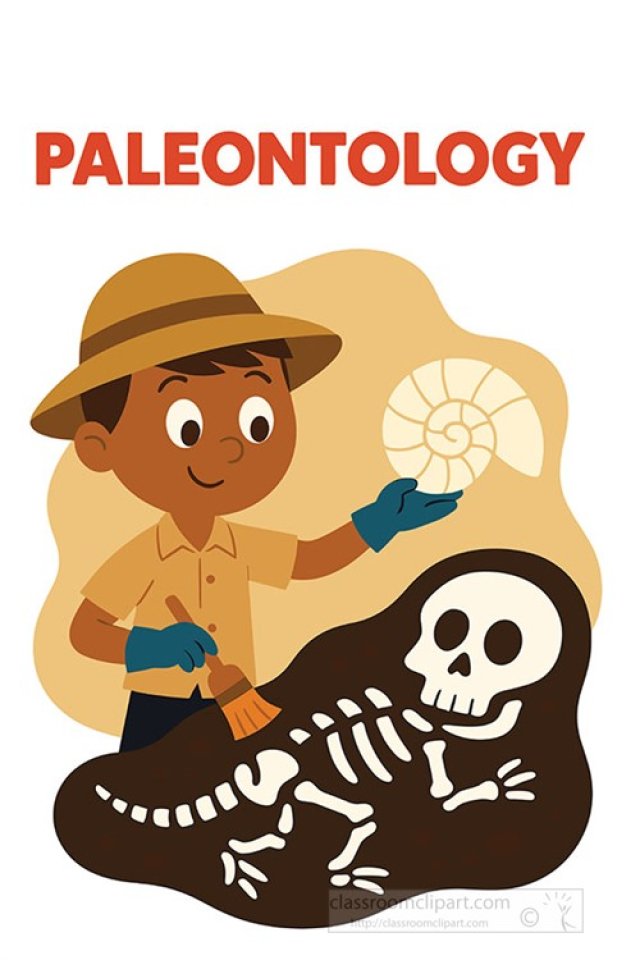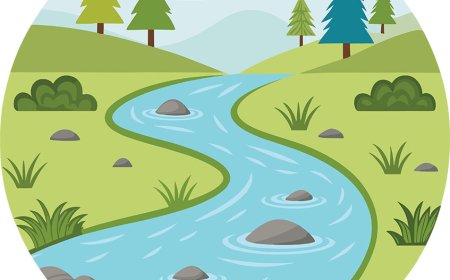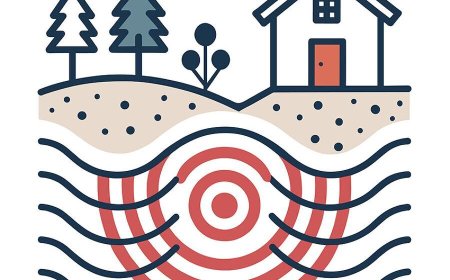Paleontologist for Students | Scientists Who Study Fossils
Discover what a paleontologist does how they study fossils to uncover Earths history and prehistoric life and why their work is important in science

🌟 Introduction
A paleontologist is a scientist who studies fossils to learn about life that existed long ago. These scientists act like detectives of the past, uncovering evidence of ancient plants, animals, and environments. Their work combines geology, biology, and archaeology to explain how Earth and its creatures have changed over millions of years. From digging dinosaur bones in the desert to studying tiny plant fossils under microscopes, paleontologists help us understand the incredible story of life on Earth.
🔍 What is a Paleontologist?
A paleontologist is a scientist who specializes in studying fossils.
They work on:
-
Excavations: Carefully digging fossils from rock layers.
-
Research: Using labs to study bones, teeth, and impressions.
-
Classification: Naming and identifying new species.
-
Education: Sharing discoveries in museums, books, and classrooms.
🌍 Why are Paleontologists Important?
-
Uncover Earth’s History: Reveal how plants and animals lived and evolved.
-
Explain Extinction: Show why species like dinosaurs disappeared.
-
Connect Science Fields: Combine geology and biology to study ancient life.
-
Inspire Learning: Their discoveries excite kids and adults about science.
🧪 Everyday Examples
-
A paleontologist leading a dig site to uncover dinosaur skeletons.
-
Scientists studying fossilized plants to understand prehistoric climates.
-
Museums displaying fossils found and studied by paleontologists.
-
TV documentaries where paleontologists explain dinosaur discoveries.
✨ Fun Facts
-
Mary Anning, a famous paleontologist, discovered the first complete Ichthyosaurus fossil in the early 1800s.
-
Some paleontologists focus only on dinosaurs, while others study tiny fossils like pollen.
-
Modern paleontologists often use CT scans and computers to study fossils without damaging them.
-
New species are still being discovered today thanks to paleontologists’ work.
📌 Key Takeaways
-
Paleontologists are scientists who study fossils.
-
Their work explains ancient life, evolution, and Earth’s history.
-
They use tools, labs, and technology to make discoveries.
-
Their work inspires museums, classrooms, and popular science.
🐾 Kid-Friendly Summary
A paleontologist is like a fossil detective. They dig up bones, shells, and footprints to learn about dinosaurs, ancient animals, and the environments they lived in millions of years ago.
📚 Vocabulary Words
-
Paleontologist: A scientist who studies fossils.
-
Fossil: Preserved remains or traces of past life.
-
Excavation: Digging carefully to uncover fossils.
-
Dinosaur: Prehistoric reptiles often studied by paleontologists.
-
Fossil Record: All known fossils used to study Earth’s past.
-
Extinction: The end of a species.
-
Evolution: How living things change over time.
-
Geology: The study of rocks and Earth’s structure.
-
Research: Careful study to discover new information.
-
Prehistoric: Before written history.
🧠 Interactive Quiz on Paleontologists
- What does a paleontologist study?
A. Stars
B. Fossils
C. Volcanoes
D. Oceans - Where do paleontologists often work?
A. Dig sites and labs
B. Space stations
C. Factories
D. Submarines - Which famous fossil hunter discovered marine reptiles?
A. Mary Anning
B. Albert Einstein
C. Charles Darwin
D. Galileo Galilei - What tools might paleontologists use?
A. Microscope and brushes
B. Telescope and rockets
C. Hammers and ovens
D. Paintbrush and easel - Why is their work important?
A. To study space travel
B. To learn about ancient life and Earth’s history
C. To cook new recipes
D. To build airplanes





















































